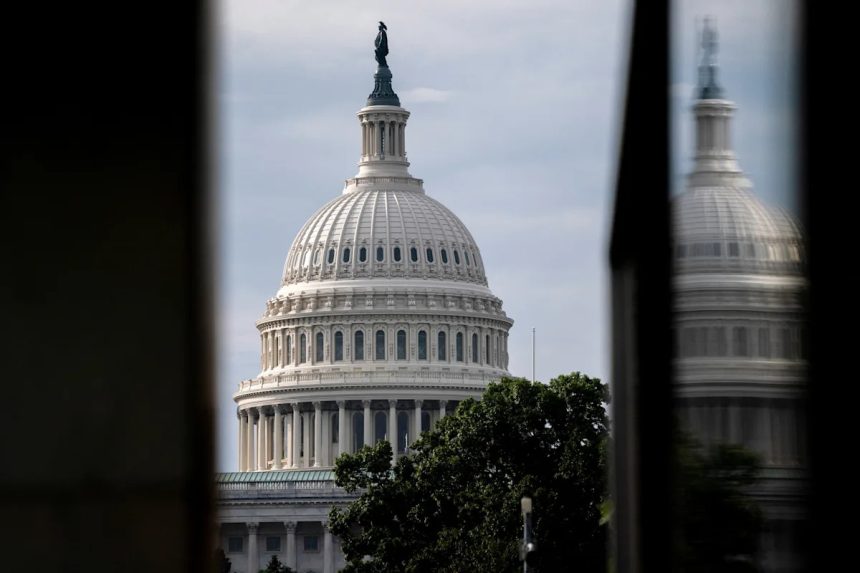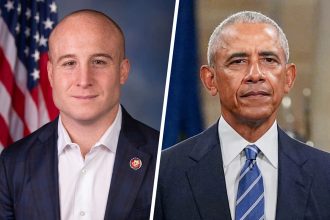As lawmakers clash in Washington, the consequences are poised to hit home in Alabama, where military bases, NASA facilities and rural assistance programs could feel the squeeze of a federal government shutdown as early as this weekend.
If Congress fails to reach a spending deal for funding federal agencies by midnight on Sept. 30, thousands of federal workers across Alabama could face furloughs, and families relying on Medicare and Social Security brace for service disruptions.
Here’s what to know about the looming government shutdown and how Alabamians could be affected.
What is the government shutdown?
A government shutdown occurs when Congress disagrees on a plan to fund federal agencies and programs. Without that funding, parts of the government are forced to close or scale back their operations.
That means hundreds of thousands of federal workers may be furloughed without pay, national parks and museums could close, and programs that help families may face delays.
Essential services, such as military and air traffic control, continue to operate, but even those workers may have to work without a paycheck.
The last government shutdown was at the end of 2018 during President Donald Trump’s first term.
Why is the government possibly shutting down?
The shutdown threat stems from a funding fight in Congress, with healthcare at the center. Republicans, who control both the House and Senate, don’t have the 60 votes needed in the Senate to pass their proposed spending bill.
Democrats are using that leverage to push back, saying the GOP plan would make healthcare more expensive for millions of Americans. They’re demanding an extension of expiring tax credits that help families afford insurance, a reversal of Medicaid cuts made under the Trump administration and protection for public health agencies like the CDC and NIH.
A temporary funding bill passed the House earlier this week, but it remains stalled in the Senate.
How will the government shutdown impact Alabama?
According to Congress.gov, there are 41,319 federal civilian employees in the state as of September 2024. The White House has already instructed agencies to prepare plans for mass layoffs in the event of a shutdown.
Social Security: The shutdown will not disrupt payments from the Social Security Administration to beneficiaries. Money for the Social Security benefit program is considered mandatory spending by law. However, services such as processing new applications can be impacted by the shutdown due to a lack of staffing.
Medicare: Medicare benefits will continue during the shutdown; however, payment delays may occur, and services such as processing new applications and retrieving records may be delayed due to reduced staffing.
Mail delivery services: The U.S. Postal Service is independently funded by other revenues and will not be affected by the government shutdown.
Military services: Active-duty military personnel, as well as Guard and Reservists on active duty orders, will be required to work without pay.
Air Traffic Control and Security: Like active-duty military personnel, Air traffic controllers and Transportation Security Administration (TSA) agents will continue to work, albeit without pay. Travelers may see some travel delays due to staffing shortages.
Veteran Services: VA medical facilities and clinics will remain open, and VA payments will be processed. However, non-critical services may be unavailable.
Jennifer Lindahl is a Breaking and Trending Reporter for the Deep South Connect Team for Gannett/USA Today. Connect with her on X @jenn_lindahl and email at jlindahl@gannett.com.
This article originally appeared on Montgomery Advertiser: What does a 2025 government shutdown mean for Alabama workers and services?









